The average adult human body is 50 to 65 per cent water, so it’s no surprise that water is critical to your vision. In fact, your eyes are filled with a jelly-like substance called vitreous humour, while the front of the eye is filled with a clear fluid called aqueous humour. Water is a key ingredient of both. Here’s a guide to help you understand how dehydration can impact your eye health.
Risks of Dehydration
Dehydration can occur when you don’t replenish the fluids you lose naturally through sweating, urination and bowel movements. Additionally, extreme heat, vomiting, diarrhea, alcohol and caffeine consumption and diabetes increase the risk of dehydration. Severe dehydration can lead to many health problems, including kidney stones, shock, coma, organ failure and even death. When you’re dehydrated, your body responds by conserving water, leading to symptoms like thirst and dry mouth, decreased urine output, muscle cramps, headache, light-headedness and sleepiness. Dehydration can also lead to problems with your eye health.
Symptoms of Dehydrated Eyes
When you’re dehydrated, your body produces fewer tears. Tears are necessary for providing clear vision, washing away foreign matter in the eye and helping reduce the risk of eye infections. This lack of tear production can lead to dry eyes, eye strain and vision problems. Here’s how to tell if dehydration may be affecting your eyes:
- Your eyes are tired and irritated
- You experience excessive watering in your eyes
- You have blurred or double vision
- It feels like there’s always foreign matter in your eyes
- You have headaches
- You’re more sensitive to light
- The area around your eyes appears sunken, yellow, darker or hollow
It’s estimated that 30 per cent of Canadians experience dry eye syndrome, which can lead to significant irritation, inflammation and even corneal ulcers if left untreated.
Treatment for Dehydration and Dry Eyes
The best treatment for dry eye is rehydrating by drinking plenty of water, especially before, during and after exercise. Eye drops can also help alleviate the symptoms by lubricating the eye and washing away foreign materials. Here are more tips to alleviate the symptoms of dry eyes caused by dehydration:
- Shutting your eyes for a while
- Increasing the humidity level in your home
- Limiting the use of digital devices
You can also make dietary changes such as reducing salt and consuming less alcohol, caffeine and high-protein foods. You may consider taking a high quality omega 3 supplement, which is shown to reduce the inflammatory impacts of dry eye.
Frequently Asked Questions
Here are some answers to frequently asked questions about dehydration and eye health. Q. Can dehydration cause double vision? A. Yes, dehydration can cause double vision, also known as diplopia. If your double vision comes and goes, even when you’re sufficiently hydrated, you should get your eyes checked with a regular eye exam. Diplopia can be a symptom of dehydration or a more serious health issue and should be assessed by an optometrist to help determine the cause. Q. Can dehydration cause dry eyes? A. Yes, because when you’re dehydrated, your body produces fewer tears, resulting in dry eyes. Without sufficient tears, your eyes can become irritated and your vision may become blurry. An eye doctor can recommend special eye drops or other treatments to alleviate some of the uncomfortable symptoms of dry eye. Q. Can dehydration cause vision problems? A. Yes, dehydration can cause many vision problems, including dry eyes, eye strain, blurred vision, diplopia (double vision) and an increase in “floaters.”
Dry Eye Treatment and Eye Exams in Edmonton and Surrounding Areas
Since 1938, the team at Optometrists’ Clinic Inc. has helped patients of all ages achieve better vision. We can diagnose and treat various eye conditions, then get you the glasses or contacts you need to open your eyes to new possibilities. Contact us to book an appointment at one of our five clinics in Edmonton, Leduc and Westlock.


